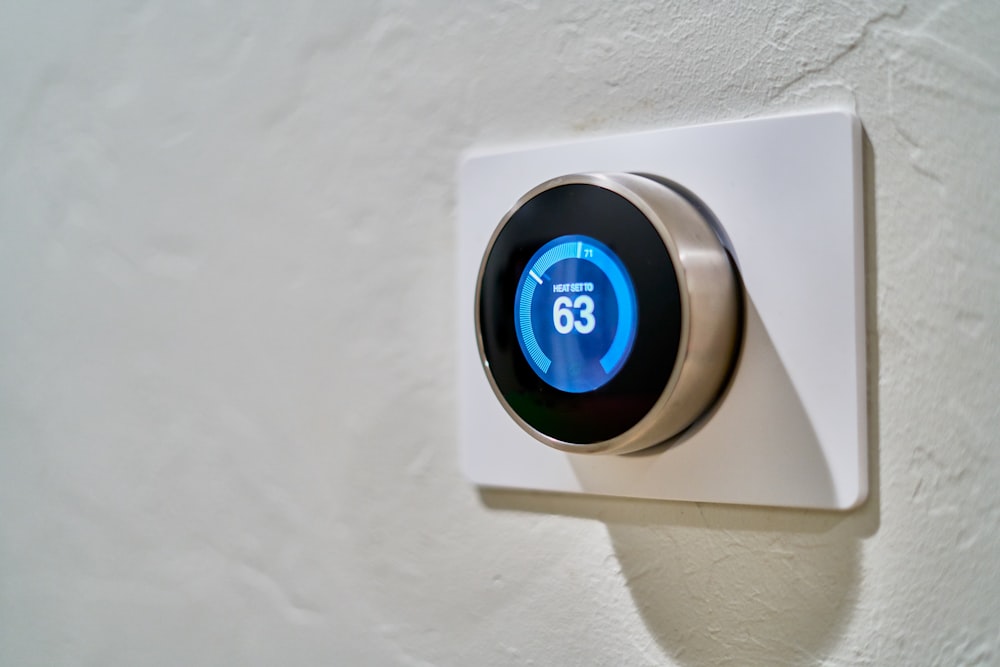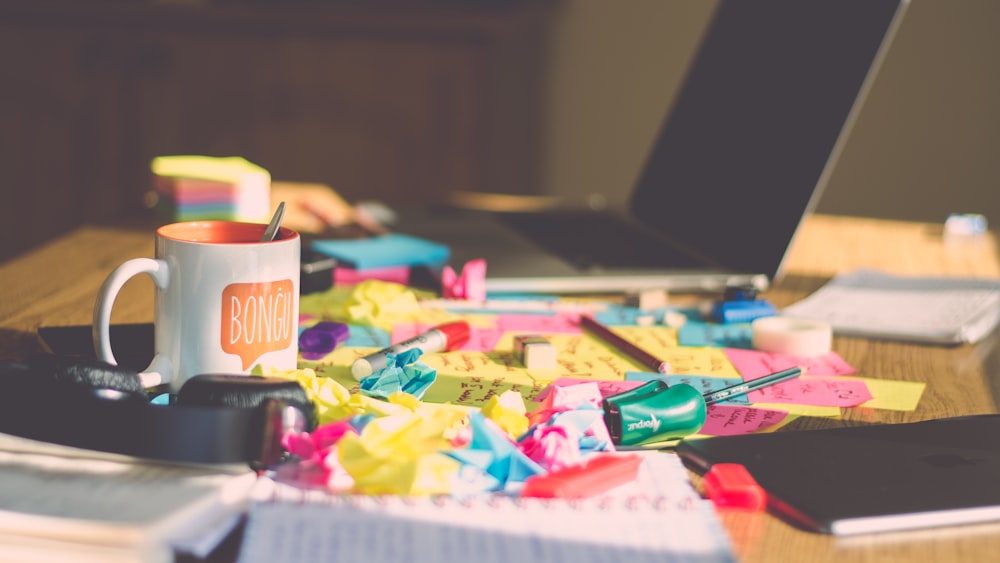For those who suffer from sleep apnea, using a CPAP machine is essential for getting a good night’s sleep. But while a CPAP machine can help you avoid the interruptions to rest caused by sleep apnea, it doesn’t necessarily help you fall asleep faster.
Many people still struggle to fall asleep as quickly as they would like or have trouble sleeping well because of other issues affecting their sleep environment — in other words, their bedroom.
By making a few important changes to your bedroom environment, you will make your space more conducive to falling asleep quickly and staying asleep so you can get the rest you need.
1. Turn Down the Thermostat
If you’ve ever had the air conditioner go out during the summer, you know how hard it is to fall asleep when you feel hot and sweaty. However, many of us keep our bedroom temperature too high to fall asleep quickly.
In fact, the Sleep Foundation recommends keeping bedroom temperatures between 60 and 67 degrees Fahrenheit.
While that may sound chilly, this helps you fall asleep faster by lowering your body’s temperature (a process that occurs naturally as you get ready for sleep). If you feel chilly, you can always layer on additional blankets until you feel more comfortable.
2. Improve Your Bedding
Everyone has different comfort preferences for their bedding. Regardless of whether you prefer a firm or soft mattress, there are a few warning signs that it’s time to get a new mattress — particularly if your current mattress if over 10 years old.
Bedding that noticeably sags or has lumps or rips is likely causing you to feel stiff and sore when you wake up in the morning. Don’t forget about your pillow, either — if you need to fluff your pillow all the time, it’s probably time for a replacement.
Many people who have trouble falling asleep benefit from adjustable comfort-control mattresses that mitigate a partner’s tossing and turning or adapt to their preferred sleep position. A weighted blanket can also help you feel calm and relaxed so you fall asleep faster.
3. Eliminate Light and Noise
The body’s circadian rhythm, which controls wake and sleep cycles, is heavily influenced by exposure to light. This means you should keep your bedroom as dark as possible when it’s time to go to bed. Even the dim glow of a night light can disrupt your body’s sleep cycle, keeping you from getting into deep sleep.
Don’t forget about external sources of light, either. Light coming in through your window can also keep you up, so block it with blackout curtains or a sleep mask.
Noise from outside or down the hall can also disrupt sleep, even if you keep things quiet in your room. Inconsistent, sporadic noises will wake you up or make it harder to fall asleep. A white noise machine can produce a steady, soothing sound that drowns out your noisy neighbors so you can relax and drift off.
4. Hide Your Electronics
Though this is partly an extension of the “eliminate light” tip, the prevalence of electronics in our lives makes this point worth emphasizing. Smartphones and other electronic devices emit an artificial blue light that is known to suppress your body’s production of melatonin, the hormone that helps us fall asleep. Blue light is actually worse for melatonin production than other light sources.
Because of this, you should keep TVs, computers, and smartphones out of your bedroom. For one thing, only using your bedroom for sleep will create subconscious sleep cues for your body. When you go into the bedroom, your body will recognize that it’s time for bed.
Even if you aren’t actively using your smartphone, you can’t control when a notification from a text or app will pop up. A screen that lights up periodically during the night can disrupt your sleep.
5. Clean Up the Clutter
For many people, the bedroom is a private sanctuary. But if that sanctuary is a cluttered mess, it could actually be keeping you from sleeping as well as you should.
Unsurprisingly, items tied to other activities can serve as distractions that keep you from viewing your bedroom as a true sleeping area. Exercise equipment, a work desk, and other items cause you to view the bedroom as more of a multipurpose room, rather than a place that is truly meant for sleep. These items should be moved to other parts of the home.
However, any form of clutter can also disrupt sleep. Whether your bedroom is filled with piles of dirty clothes or stacks of paper, clutter can subconsciously stress you out. Clutter makes you feel like you have things you need to do, and can intensify feelings of frustration and exhaustion. The resulting anxiety can make it harder to sleep — so clean up your room!
Help Yourself Sleep Better
Sleep apnea patients require more than a healthy sleep environment to get the rest they need — they also need a CPAP machine to ensure that sleep apnea doesn’t wake them up throughout the night. While this equipment can seem expensive, No Insurance Medical Supplies will help make it more affordable for your needs.
In addition to offering discounted prices on equipment from brands like Philips Respironics, Fisher and Paykel, and ResMed, available financing can help break your purchases into affordable monthly payments. Our items ship quickly after you place your order, so you can get the equipment you need right away.
With the right CPAP equipment and a quality bedroom environment, a good night’s sleep will soon be something you can truly look forward to.



